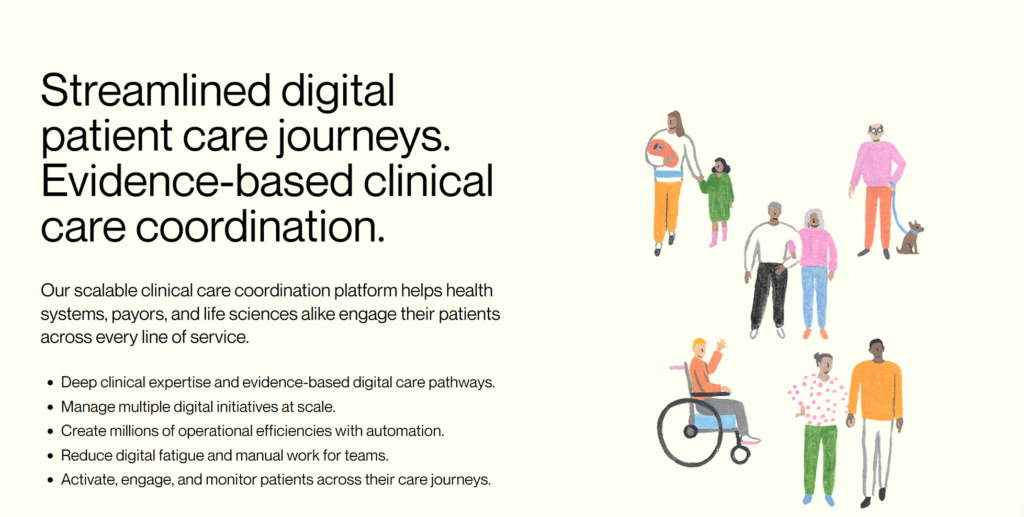
What You Should Know:
– Ayble Health, a digital health platform for patients with chronic gastrointestinal (GI) conditions, and Commure Engage, an AI-powered care coordination platform, have announced a strategic integration that promises to revolutionize GI care delivery.
– The integration partnership aims to address the growing demand for GI care and improve outcomes for both patients and providers.
Filling a Critical Gap in GI Care
Demand for GI care is skyrocketing, with emergency departments (EDs) experiencing a significant increase in GI-related visits. The current healthcare system often struggles to manage these patients effectively, primarily due to:
– Lack of dedicated GI specialists: Primary care, urgent care, and EDs often lack specialized GI staff, leading to suboptimal care.
– Limited knowledge of GI disorders: General practitioners may lack the expertise to handle complex GI conditions.
– Shortage of GI-trained dietitians and psychologists: Even specialists face limitations in providing comprehensive dietary and behavioral therapy.
Optimizing Care Coordination with Commure Engage
The integration with Commure Engage simplifies the referral process for GI patients:
– One-click referrals: Providers can easily refer patients to Ayble directly from their EHR (EPIC and Cerner).
– Automated care pathways: Commure Engage suggests Ayble based on patient information and clinical guidelines.
– Improved workflow efficiency: Streamlined referrals reduce administrative burden for providers.
“Dealing with debilitating GI symptoms is already challenging, and navigating the healthcare system for the right care can add to that stress. Our collaboration with Commure Engage throws a lifeline to GI patients who have faced difficulties in getting effective treatment from specialists, PCPs, urgent care centers and EDs. It also provides essential support to clinicians who are grappling with the high demand for care and the growing issue of burnout,” said Sam Jactel, founder and CEO, Ayble. “Commure’s extensive network of healthcare organizations extends our reach and allows us to integrate into clinical workflows, immediately pairing GI patients with a clinically proven solution for effective treatment.”

